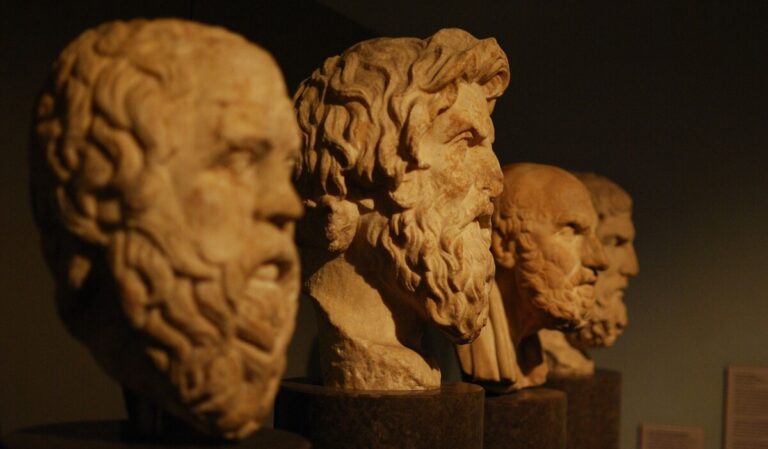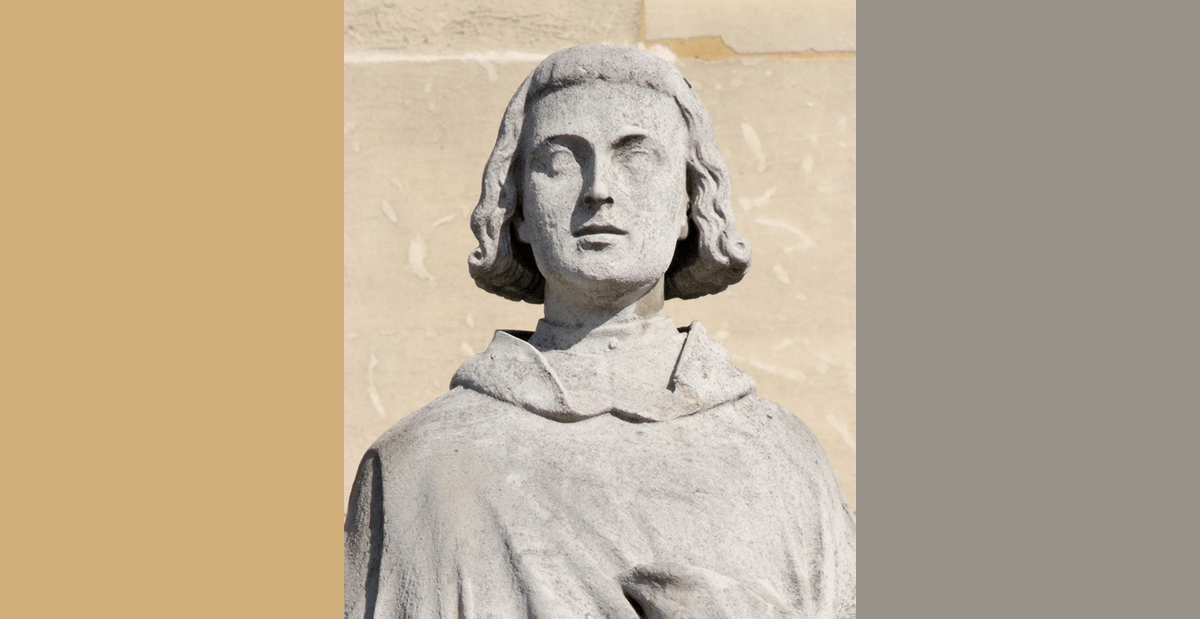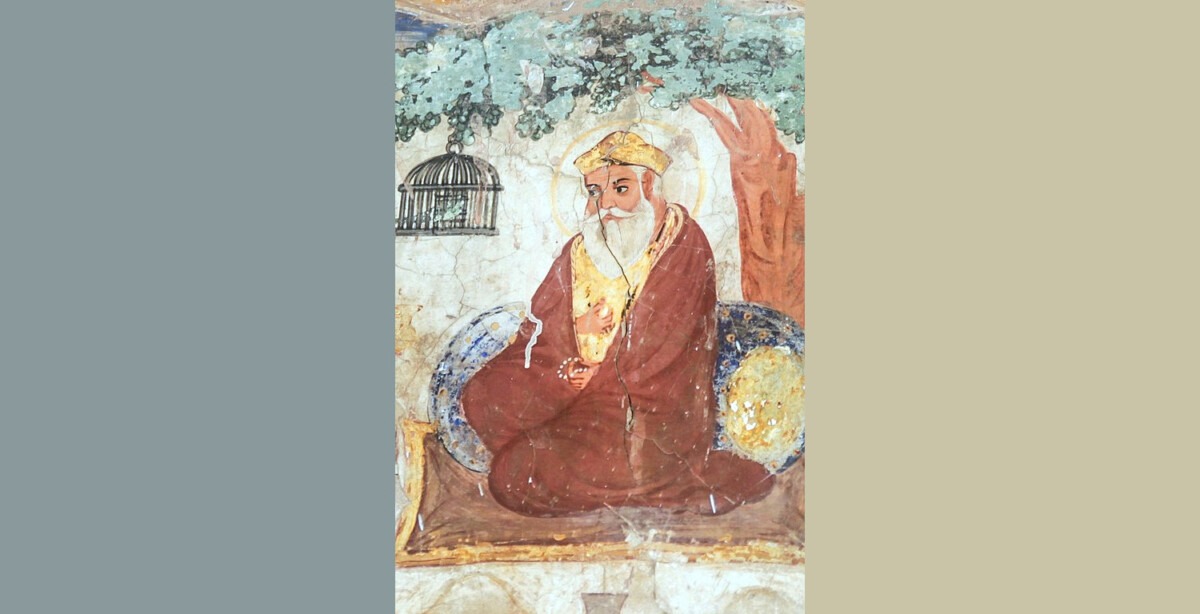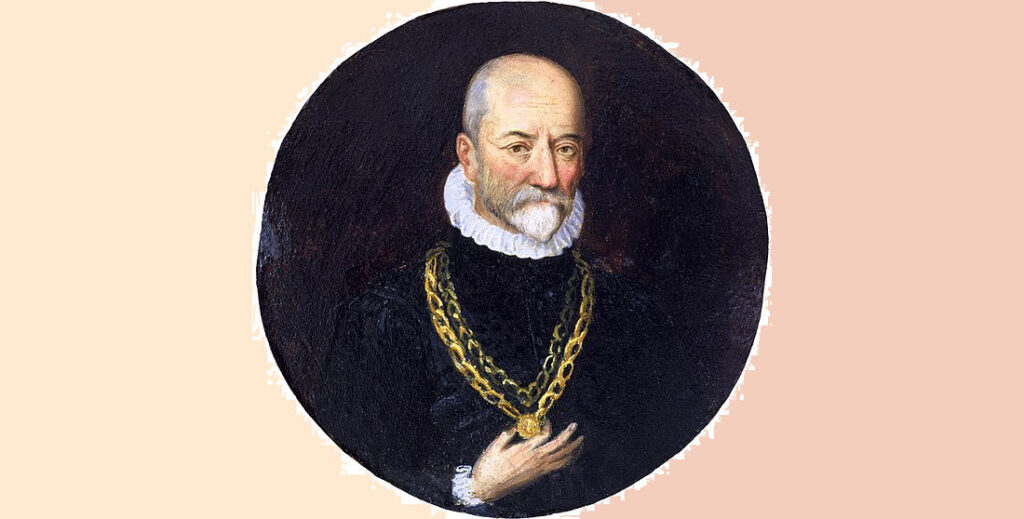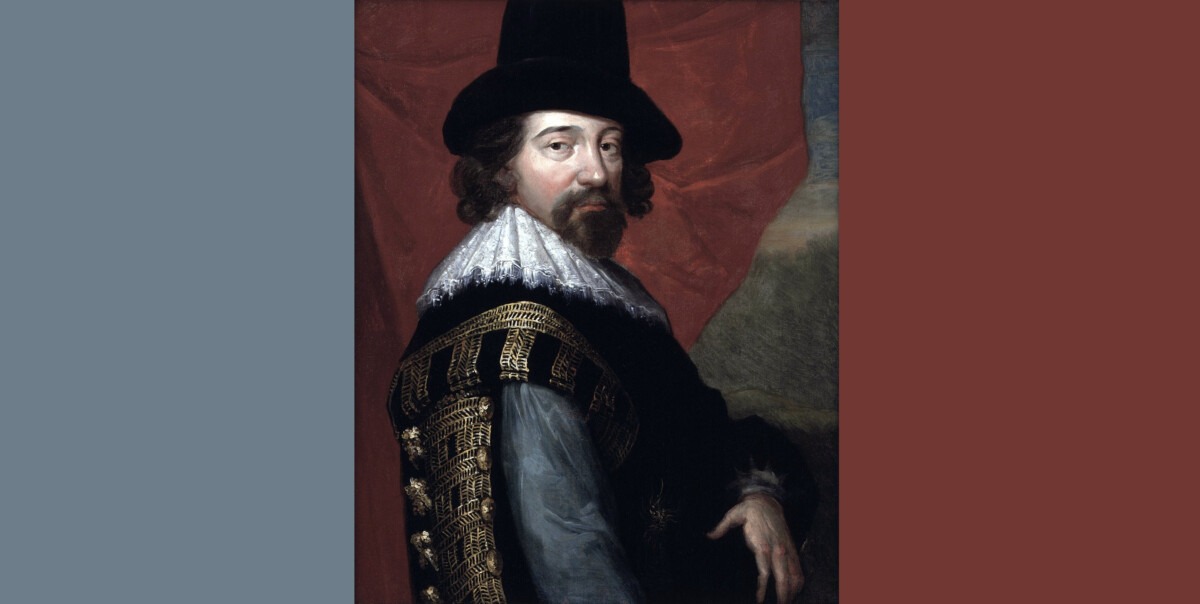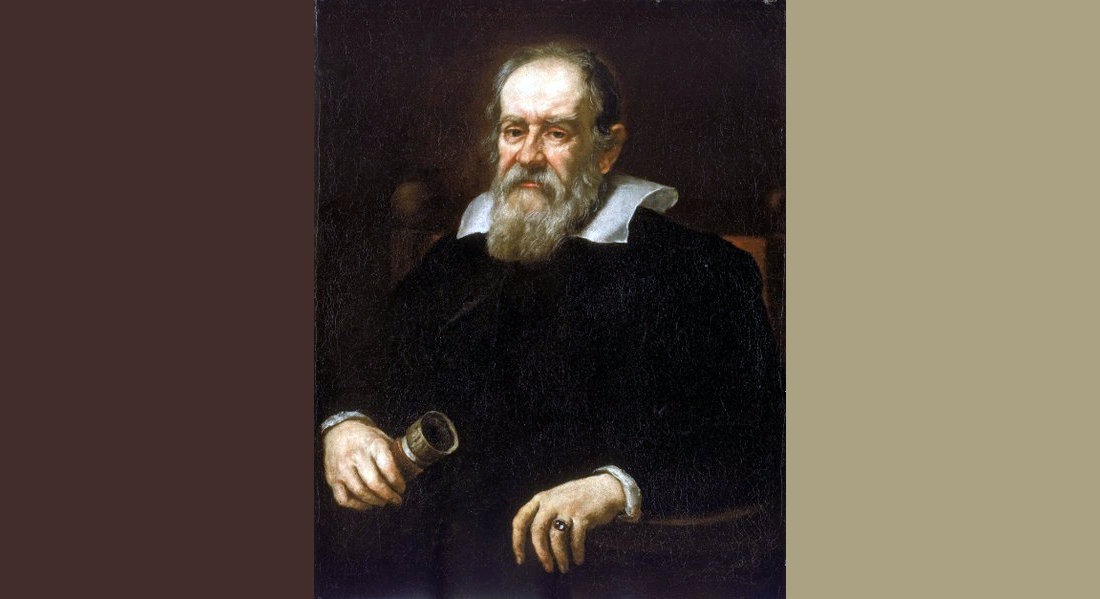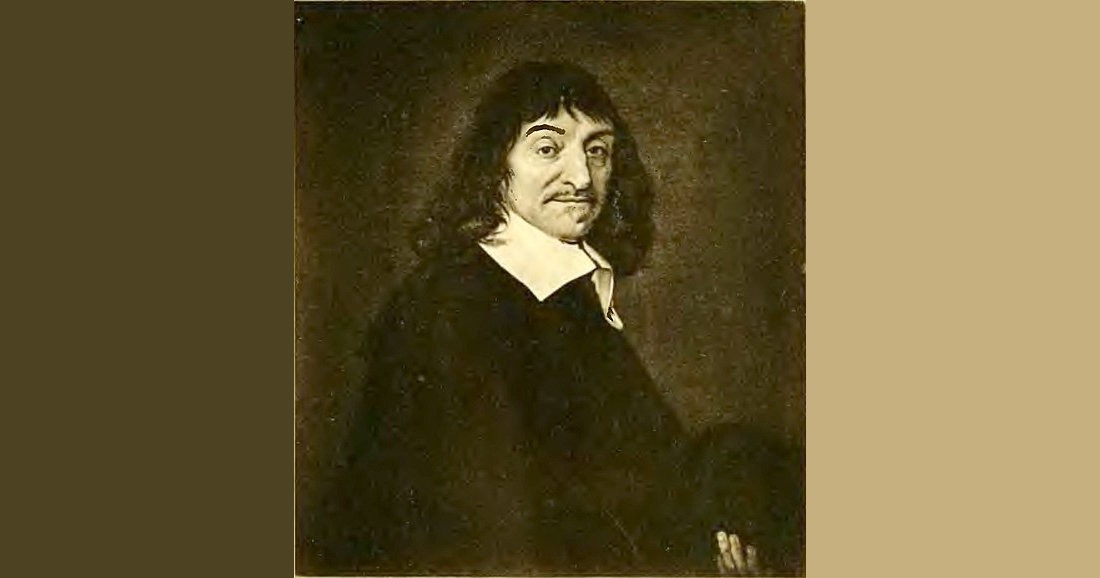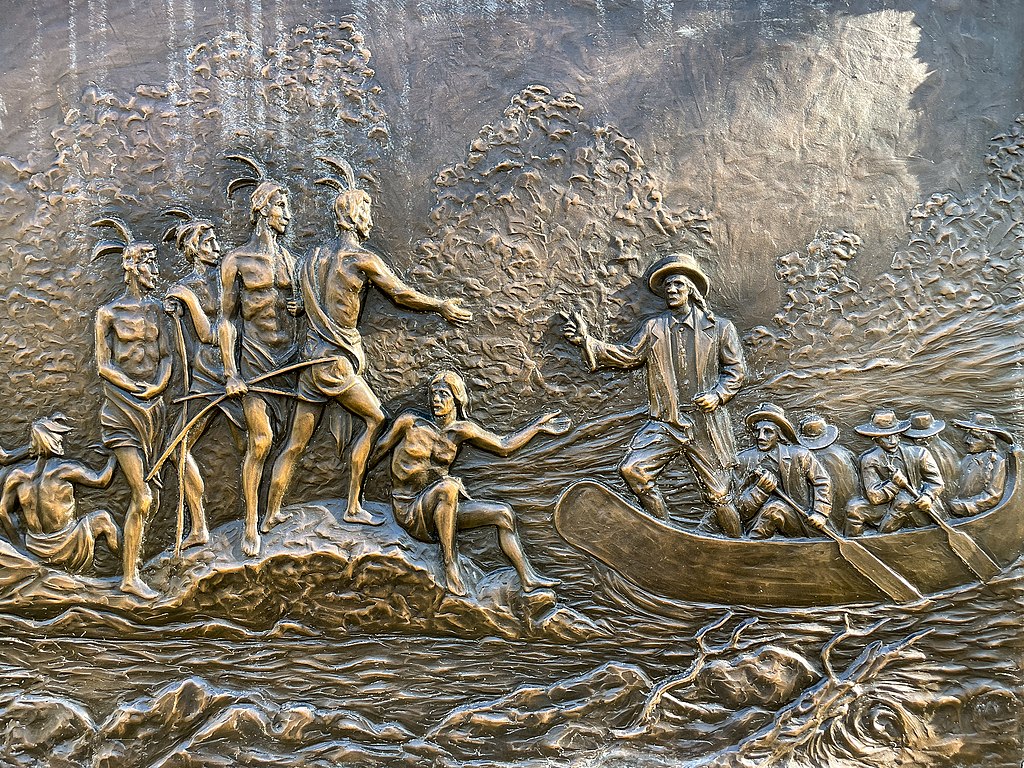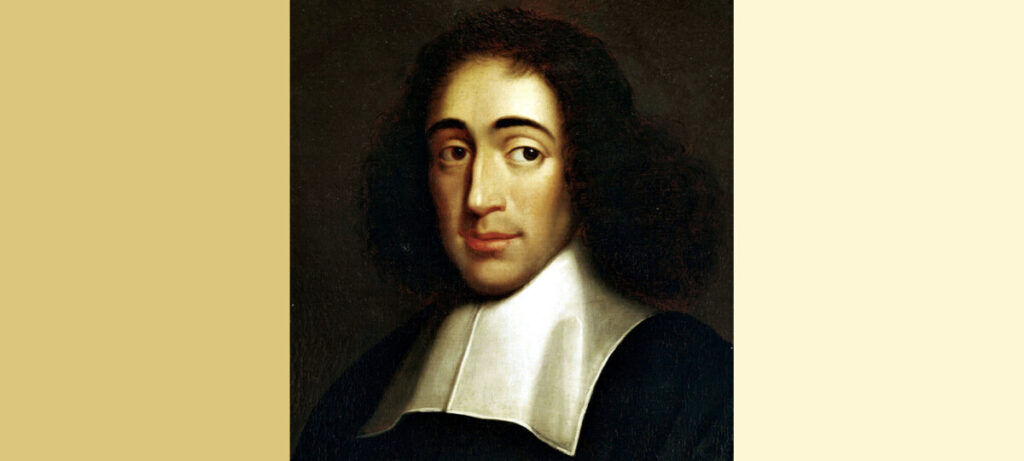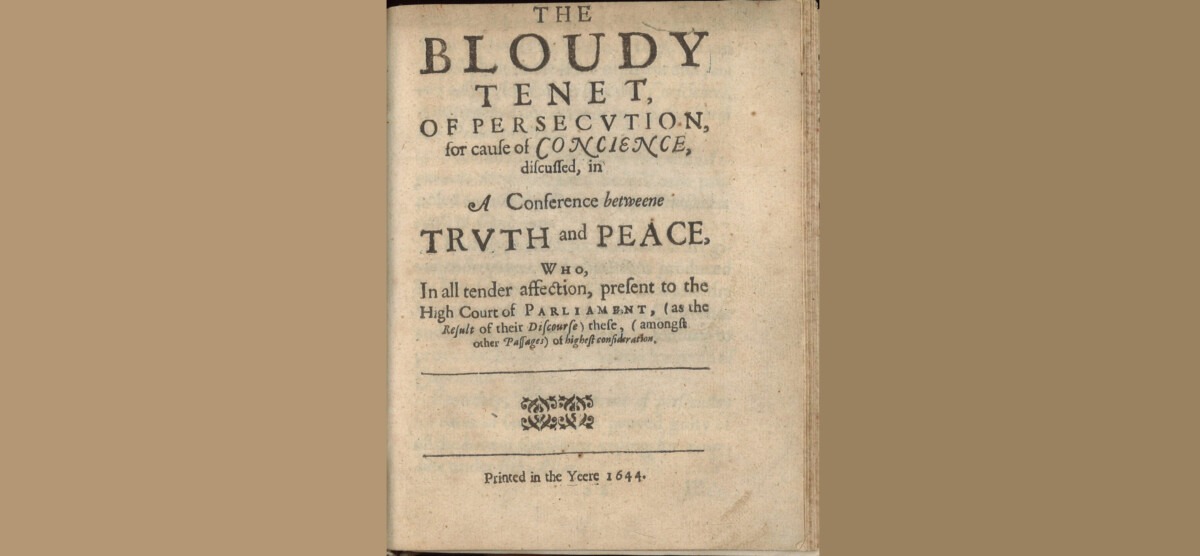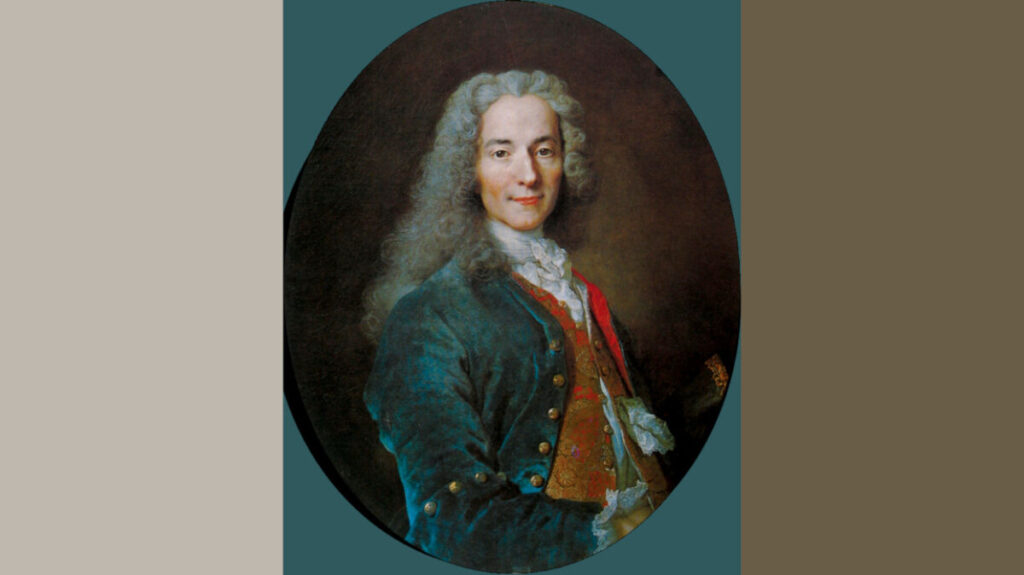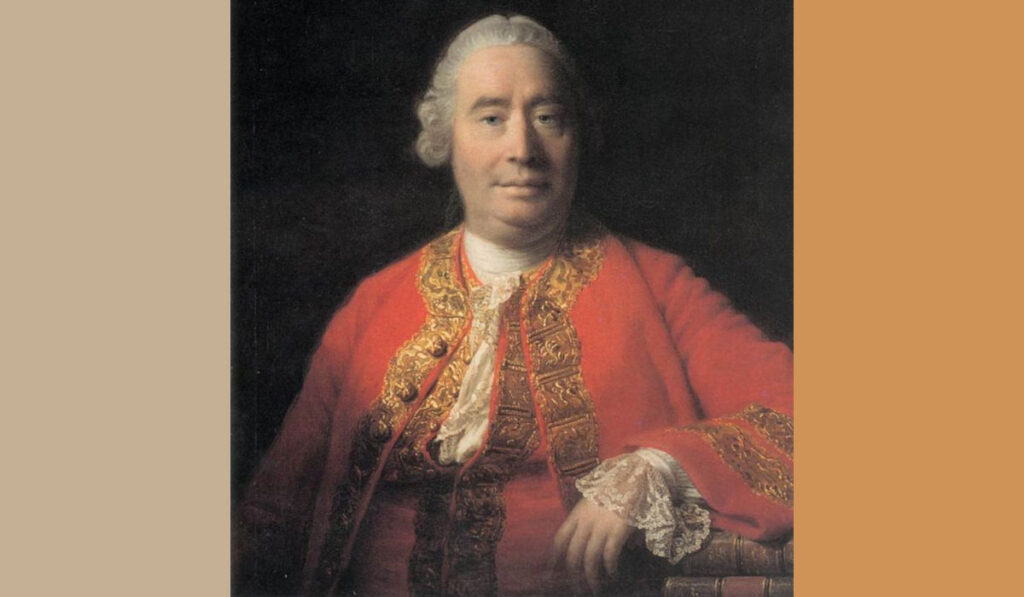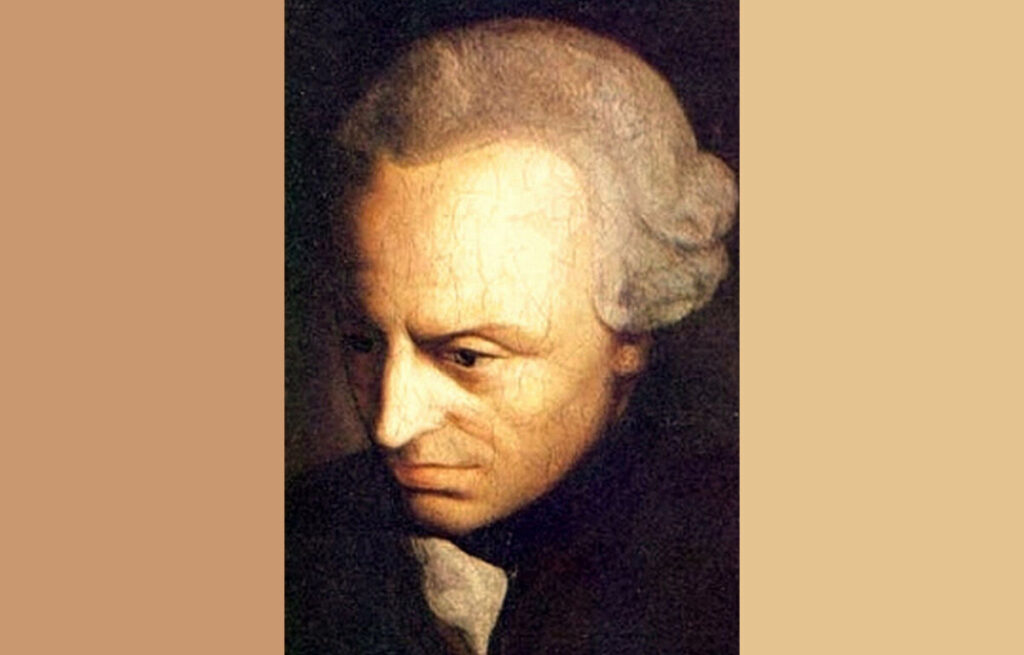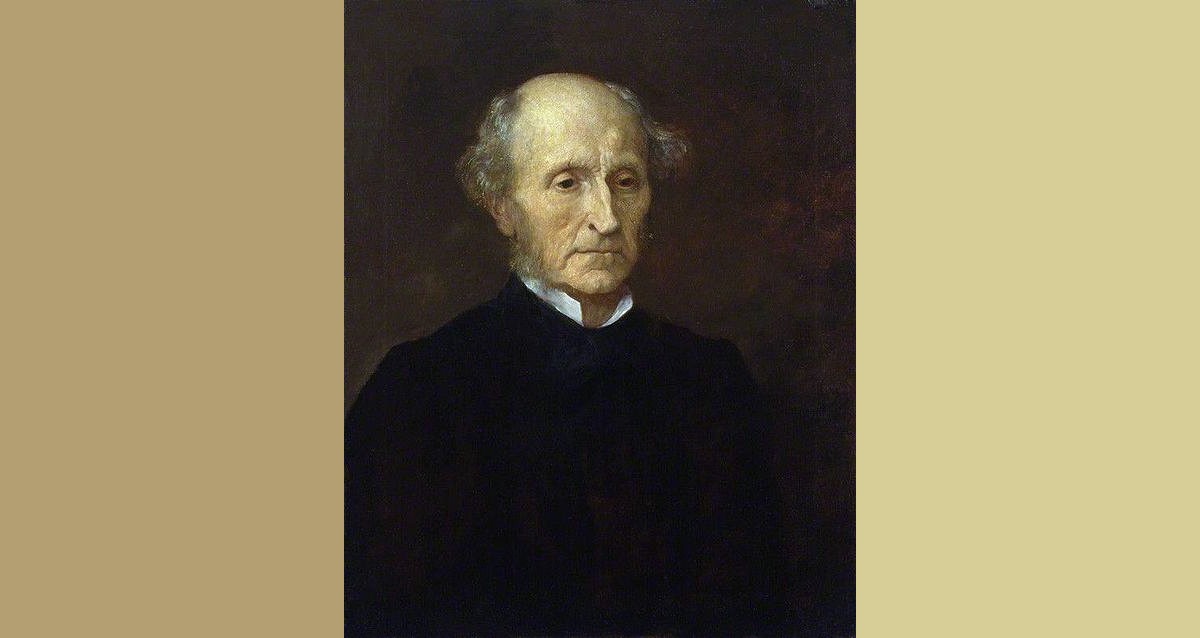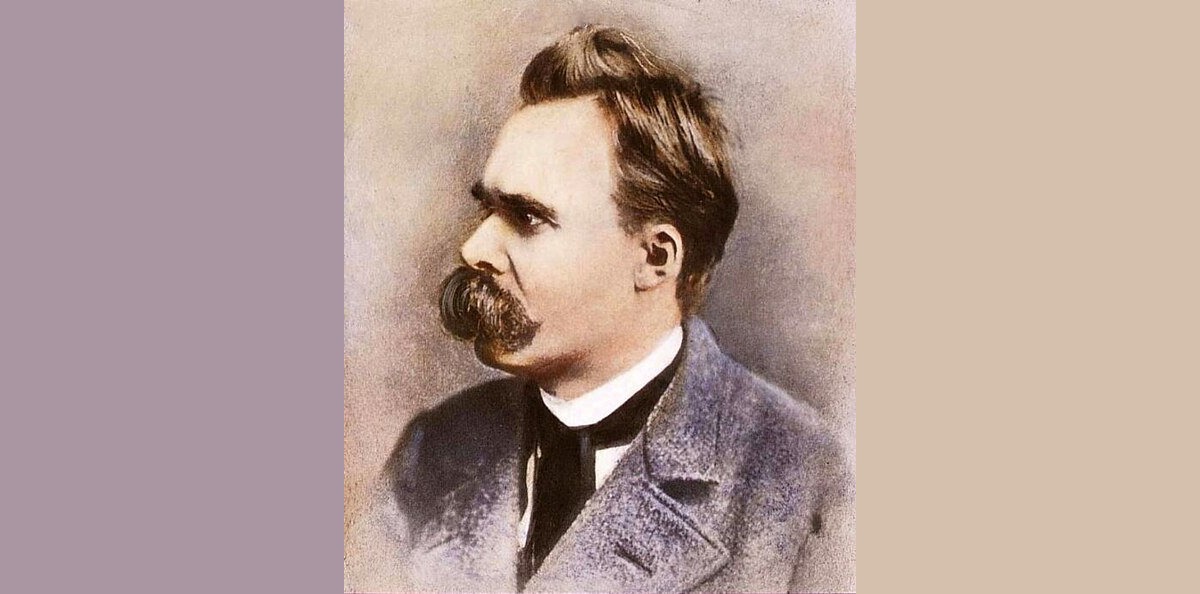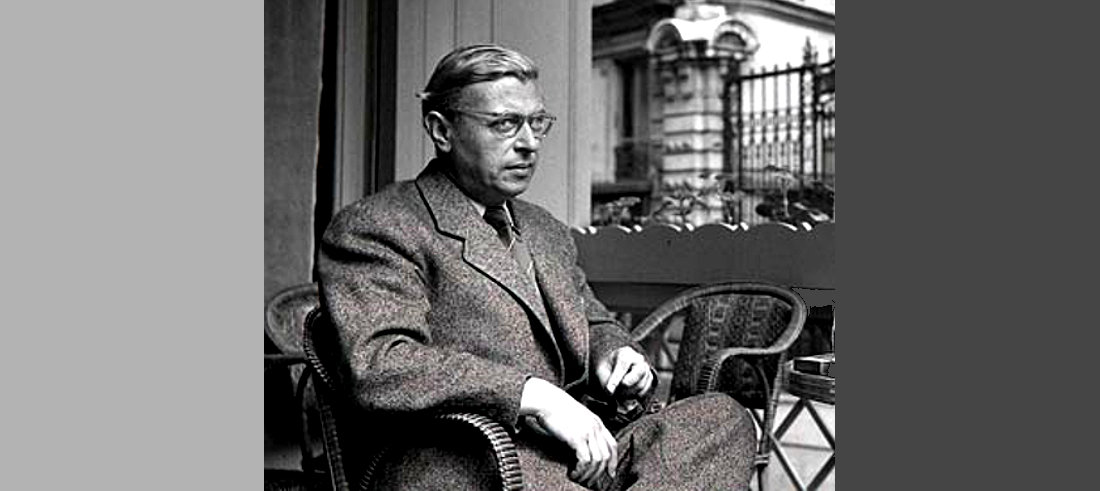AFTER 1000 CE Edition: This timeline is a comprehensive philosophy timeline. For the companion timeline for the book: “30 Philosophers: A New Look at Timeless Ideas,” go to Book Timeline: 30 Philosophers.
The Philosophy Timeline
Switch To: Before 1000 CE | After 1000 CE
How we perceive an external world starts to become clear. A 30 Philosophers touchstone: Chapter 17, “Alhazen and the Senses.” Since Alhazen and his pioneering work around 1020 CE, we have made significant advancements in understanding our senses and perceptions. Prior to Alhazen, most people on Earth believed in magical light-emitting-flashlight eyes.
30 Phil, Chapter 18: Peter Abelard and Universals
Touchstones: Intent, Object-Oriented Nature, Pattern Recognition, and The Idea of Ideas
Born in 1079 in Le Pallet, a small village in France, Peter Abelard hailed from a noble lineage. His father, a knight of the local lord, intended for his son to follow in his footsteps. Instead, Peter chose a path of knowledge. His brilliance propelled him to the forefront of the intellectual circles in Paris, where he challenged established ideas. Early philosophers, like Plato and Aristotle, noticed patterns in nature including things in common between objects. Remember schemas? The categories, groups, and patterns we notice in life. In the realm of philosophy, these patterns are “universals.” Abelard’s conceptualism is a middle ground.
30 Phil, Chapter 19: Guru Nanak and Sikhism
Touchstone: The Five Thieves
Nanak was born in a village in Pakistan, on April 15, 1469. In 1499, at age 30, Nanak experienced a transformative spiritual event. While working as a storekeeper, he would often bathe in a nearby river. One fateful day, he submerged and remained missing for three days. Upon his unexpected re-emergence, Guru Nanak was born.
Montaigne was one of the most significant philosophers of the French Renaissance. In addition to furthering skepticism, he also extended stoicism. He also extended literary style by promoting the essay format and by breaking norms of his day. For example, talking about himself in his own writing.
My favorite translated Montaigne quotes:
- Obsession is the wellspring of genius and madness.
- He who fears he shall suffer, already suffers what he fears.
- What do I know?
- My art and profession is to live.
Francis Bacon was born on January 22, 1561, in London to a prominent and influential family. The young Francis Bacon received a comprehensive education, attending the prestigious Trinity College, Cambridge, at the age of 12. Bacon is the Father of the Scientific Method, but notice he is not the inventor. Bacon laid the foundation for his major work in “Novum Organum.” Published in Latin in 1620 when he was 59 years old. Bacon’s method pioneered inductive reasoning, but he didn’t invent it, but he did develop it into a method, and it gave birth to the scientific method.
30 Phil, Chapter 20: Francis Bacon and the Scientific Method
Touchstones: Absolute Truth, Truth Hammers, and The Scientific Method
Pictured: Portrait circa 1618, Francis was about 57.
Big History Thresholds: 1=Big Bang | 2=Stars&Galaxies | 3=Chemicals | 4=Solar System | 5=First Life | 6=TI | 7=Agrarian | 8=Science
The Modern Revolution: The 8th threshold for Big History began about 500 years ago and continues to the present day. It includes the scientific revolution, industrialization, and the information age, leading to rapid technological progress and profound changes in human societies globally. In 30 Philosophers, the modern age starts later in 1859 with Charles Darwin, but I follow human thought with a philosophical lens, Big History tells our story using the lens of a historian.
30 Phil, Chapter 21: Galileo and the Scientific Revolution
Touchstones: Relativity, the Infinitesimal, and Modern Cosmology
Pictured: Portrait circa 1638, Galileo was about 74.
Galileo Galilei, more of a scientist than a traditional philosopher, forever altered our understanding of nature. He was born on February 15, 1564. Galileo was a great scientist in his time. His “way,” his method, of performing science helped push us toward our modern approach. The story of Galileo is also the story of Copernicus, and the story of modern cosmology. This is the era in which humanity started to learn about the fundamental structure of the universe. Galileo’s book “Two New Sciences,” published in 1638, contains his most significant contributions to science, particularly his work on motion and the strength of materials. Galileo was a master mathematician, and his contributions to mathematics were both scientific and philosophical. Galileo’s ideas about the infinitesimal were so clear, within decades, both Isaac Newton and Gottfried Leibniz independently developed calculus. Still under house arrest, he passed away at the age of 78 in January 1642.
30 Phil, Chapter 22: Descartes and Cartesian Dualism
Touchstones: Mind-Body Dualism, Idea Modeling, and Pragmatism
René Descartes was born into minor nobility in the Kingdom of France on March 31, 1596. In 1637, Descartes published “Discourse on the Method,” he sought to identify certain knowledge by using doubt to strip away uncertain beliefs. Cartesian Skepticism is a system of doubt aimed at identifying certainties by dismissing all beliefs susceptible to even the slightest uncertainty. On February 11, 1650, in the presence of a small circle of friends, he exhaled his last breath.
30 Phil, Chapter 23: Roger Williams and Liberalism
Touchstones: Separation of Church and State, and Liberalism.
Pictured: None exist of Roger Williams. This artist impression represents his fond relations with Native Americans.
Roger Williams was born in England around 1602, in Smithfield, situated at the heart of London. Williams officially founded Providence Plantations in 1636 with an informal agreement with the local Native American leaders. It became the fifth American colony and the second in the New England region. In 1644, he published a series of pamphlets, the more contentious ones anonymously, leading up to penning what would become his magnum opus: “The Bloudy Tenent of Persecution,” or “Bloody Tenet.” More than a historical or religious treatise, the Bloody Tenet is a seminal work. It launched a full-throttle assault on the prevailing norms of religious and political intolerance that plagued both Old and New England. Williams passionately argued for the separation of church and state.
30 Phil, Chapter 24: Locke and Natural Rights
Touchstones: Natural Rights, Due Process, The Social Contract, Checks and Balances, and Law
John was born on August 29, 1632 into a Puritan family in England. During his life, John Locke was focused on empiricism. He goes on to become a key figure in the empiricist revolution, with a dedication to the doctrine that experience is how knowledge is acquired. One of his popular ideas he published under his name was “tabula rasa,” in his work “An Essay Concerning Human Understanding.” Locke’s “tabula rasa” translates to blank slate, and this idea is central to individual rights and freedoms.
30 Phil, Chapter 25: Spinoza and Monism
Touchstones: Monism and the Material-Spiritual Framework
The Dutch philosopher Spinoza was a lens grinder by profession, a proponent of Rationalism, and an early founder of Enlightenment. My favorite concept of Spinoza’s is that God is nature, and nature is God. For me, whenever I read God in prayers and such I substitute the word nature. That concept I attribute to Spinoza. The concept doesn’t mean God does not exist, nor vice versa, it’s simply an acknowledgment of all interpretations of God, Gods, and nature and the fact, by my account, that we have no proof God exists or not.
Some of my favorite translated quotes include:
- I call him free who is led solely by reason.
- Whatsoever is contrary to nature is contrary to reason, and whatsoever is contrary to reason is absurd.
- Peace is not an absence of war, it is a virtue, a state of mind, a disposition for benevolence, confidence, justice.
- The highest activity a human being can attain is learning for understanding, because to understand is to be free.
In 1644, Williams published The Bloudy Tenent of Persecution. Historians consider it his most famous work. He wrote Bloudy after arriving in London in midsummer 1643. It was on sale by July 15, 1644. It is a fierce attack on religious and political intolerance in both Old England and New. He advocated for free thought and belief because he felt that punishing those that did not believe was not part of his faith and government should be separate from religion. Roger advocated for a “hedge or wall of Separation between the Garden of the Church and the Wilderness of the world” in order to keep the church pure. His ideas raised questions and challenges but his ideas endured over time.
30 Phil, Chapter 26: Voltaire and Modern Journalism
Touchstones: Fourth Estate and Journalism
Voltaire was a French Enlightenment philosopher born François-Marie Arouet. He was an advocate of civil liberties and satirized intolerance, and religious dogma in a time one was punished with censorship, jail, banishment, or worse.
Some of my favorite Voltaire quotes translated from French:
- Those who can make you believe absurdities can make you commit atrocities.
- Opinion has caused more trouble on this little earth than plagues or earthquakes.
- In the case of news, we should always wait for the sacrament of confirmation.
30 Phil, Chapter 27: Hume and Skeptical Empiricism
Touchstones: Skeptical Empiricism, The Problem of Induction, and Hume’s Fork
The Scottish Enlightenment philosopher and historian Hume was a leading exponent of empiricism. The belief that all human knowledge derives solely from experience.
Some of my favorite Hume quotes:
- “A wise man proportions his belief to the evidence.” -A Treatise of Human Nature, 1739
- “The life of man is of no greater importance to the universe than that of an oyster.”
- “Generally speaking, the errors in religion are dangerous; those in philosophy only ridiculous.”
30 Phil, Chapter 28: Kant and Kantianism
Touchstones: Transcendental Idealism and Categorical Imperative
The German philosopher Immanuel Kant (22 April 1724 – 12 February 1804) was a central figure of the Enlightenment which put reason as the tool of choice when discussing God, nature, and humanity.
Some of my favorite translated quotes include:
- All our knowledge begins with the senses, proceeds then to the understanding, and ends with reason. There is nothing higher than reason.
- Nothing is divine but what is agreeable to reason.
- We can judge the heart of a man by his treatment of animals.
- It is beyond a doubt that all our knowledge begins with experience.
30 Phil, Chapter 29: Mill and Utilitarianism
Touchstone: Harm Principle
John Stuart Mill was born on May 20, 1806, in London, to James Mill, a Scottish-born philosopher and economist, and Harriet Barrow. His Greatest Happiness Principle lies at the core of utilitarianism, advocating for actions that maximize utility, generally understood as producing the greatest well-being for the most people, but how do you measure or evaluate this “utility” or “happiness?” On May 8, 1873, at age 66, surrounded by a few friends and his stepdaughter Helen, John Stuart Mill took his final breaths.
30 Phil, Chapter 30: Nietzsche and Nihilism
Touchstones: Nihilism, Übermensch, and Eternal Recurrence
Friedrich was born on October 15, 1844, on the 49th birthday of the Prussian King, after whom he was named. In 1869, at the age of 24, Nietzsche was appointed as a professor of classical philology at the University of Basel in Switzerland. The mustachioed-musician-philosopher Nietzsche shows us that his life was not solely confined to the rigor of intellectual quests; it also embraced the landscapes of creative artistry and a fervor for living a life well-lived.
30 Phil, Chapter 31: Sartre and Existentialism
Touchstones: Anxiety, Consciousness, and Bad Faith
Jean-Paul Sartre arrived in the Material World on June 21, 1905. Born in Paris to a modest family. Sartre, the chain-smoking existentialist who frequented Parisian cafes, is most remembered as an activist writer and for his idea of “bad faith.”


